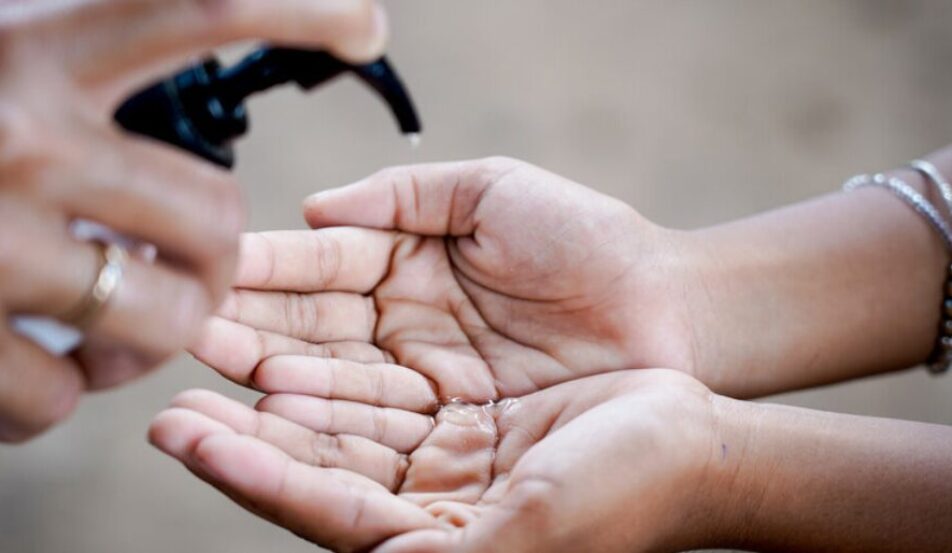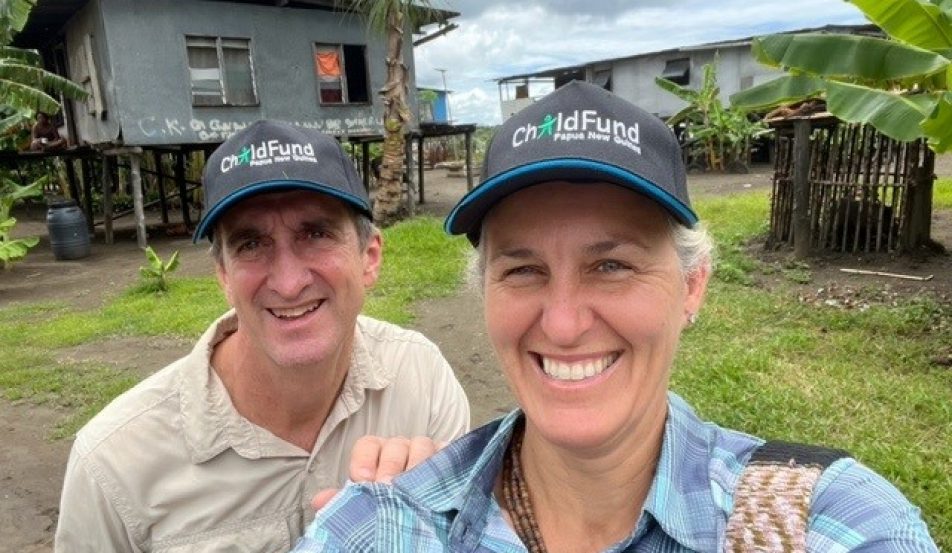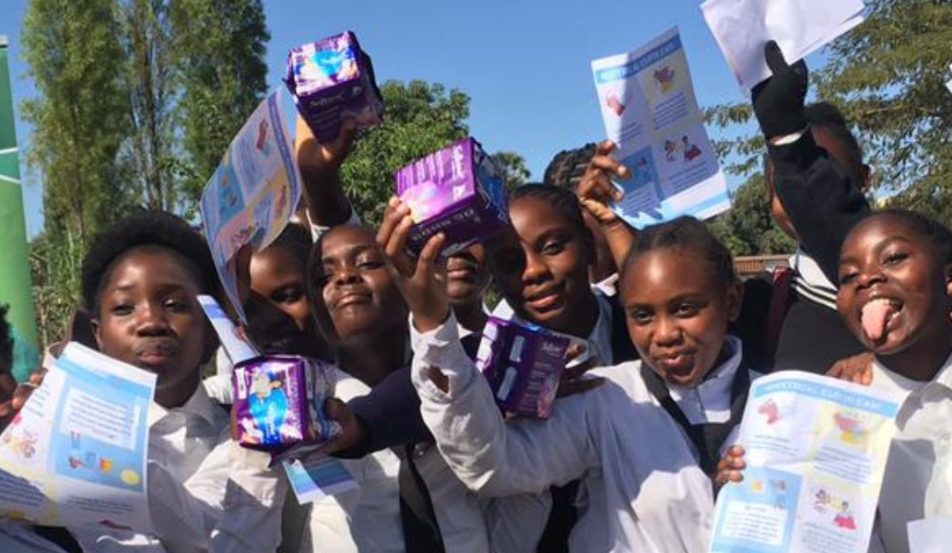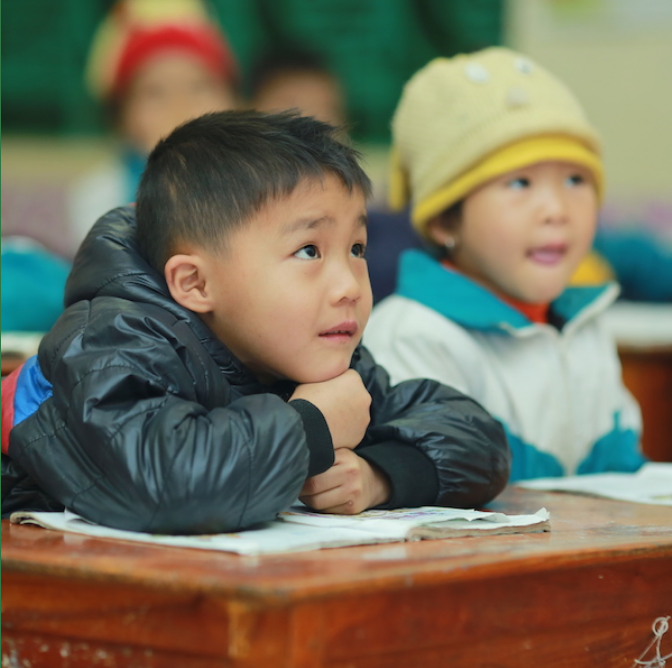Growing up healthy: Why childhood vaccinations are important?
Every child deserves to be protected against preventable, life-threatening diseases.
Yet, every year countless children are going without access to the vaccinations they need to have healthy childhoods. It is estimated that 20 million children continue to go without access to life-saving childhood vaccinations each year. This is despite immunisation being one of the most successful and cost-effective health interventions in the world saving over three million lives each year.
There has been significant progress across the world in closing the gap on childhood vaccinations; however, for children in the world’s most marginalised communities, vaccinations are still not always available, accessible, or affordable. In addition, the COVID-19 pandemic contributed to the largest sustained backslide in childhood immunisation in 30 years with 67 million children missing out on routine childhood vaccinations. Concurrently, we’ve seen vaccination hesitancy grow throughout the pandemic leading to a decline in public perception on the importance of childhood vaccines in many countries.
This World Immunisation Week, join us in promoting the importance of vaccines to protect people of all ages against life-threatening but preventable diseases, such as diphtheria, tetanus, whooping cough, and measles. Donate today to support all children living in poverty to access life-saving childhood vaccinations.
A health crisis on Australia’s doorstep
Australia’s closest neighbour, Papua New Guinea (PNG), has one of the lowest vaccination rates in the region. In recent years, the country has seen the re-emergence of previously eradicated diseases such as polio due to critically low vaccination rates and the emergence of vaccine resistant strains of the virus.
Low vaccination rates in PNG are a result of a variety of factors, including:
- Long distances between rural communities and health centres alongside high transportation costs making it difficult for people living in remote communities to access health facilities.
- An under-resourced health system, which has led to staff shortages, long wait times and inadequately trained staff.
- The reliance of remote communities on government-led mobile outreach programs that are often impacted by funding shortfalls, broken vehicles, or low vaccine stocks.
How ChildFund is helping to improve childhood immunisation rates in PNG
When I heard that the ChildFund team were coming to my village, I was excited and immediately rearranged my daily chores so that I could attend the mobile clinic. This was a great opportunity for my family and I to receive medicine, especially for my youngest child, Kila, to get immunised.
Mrs Abadi, a mum of nine living in a remote village in Central Province in PNG
ChildFund’s Mobile Health Clinics have had a profound impact on the ability of people living in remote communities to access much needed healthcare facilities. The clinics provide a one stop shop for a variety of health services, including vaccinations, maternal healthcare, and tuberculosis treatment, enabling people in remote communities to receive the healthcare they need without travelling long distances to nearest health clinic.
Since 2022, ChildFund Papua New Guinea in partnership with the Provincial Health Authorities in Central and Northern Provinces has delivered 16,545 vaccines to children living in remote and rural communities. ChildFund PNG has also trained 257 volunteers on how to provide vaccinations for preventable and treatable diseases like tuberculosis, polio, and COVID-19.
For women like Mrs Abadi, who lives with her nine children and husband in a remote village in Central Province in PNG, ChildFund’s mobile clinics are a lifeline. Previously, she had to travel long distances to the nearest health facility to ensure her family got the healthcare they needed.
“In the past, it was incredibly difficult for me to bring my children to the Kwikila Health Facility due to the poor road conditions and the unaffordable transport fares,”
“When I heard that the ChildFund team were coming to my village, I was excited and immediately rearranged my daily chores so that I could attend the mobile clinic. This was a great opportunity for my family and I to receive medicine, especially for my youngest child, Kila, to get immunised,” Mrs Abadi shared.
Mr Abadi added that the ChildFund team also shared information on different health topics, some of which were new to her and would help her to keep her family safe and healthy.
“I am grateful for the outreach health services that provide immunisations, as I know that this has been instrumental in keeping Kila safe from the sicknesses I hear about in awareness messages from ChildFund,” Mrs Abadi added.
Routine childhood vaccinations play a vital role in ensuring children live healthy, and long lives. Donate today so that more children like Kila can grow up safe and healthy.






